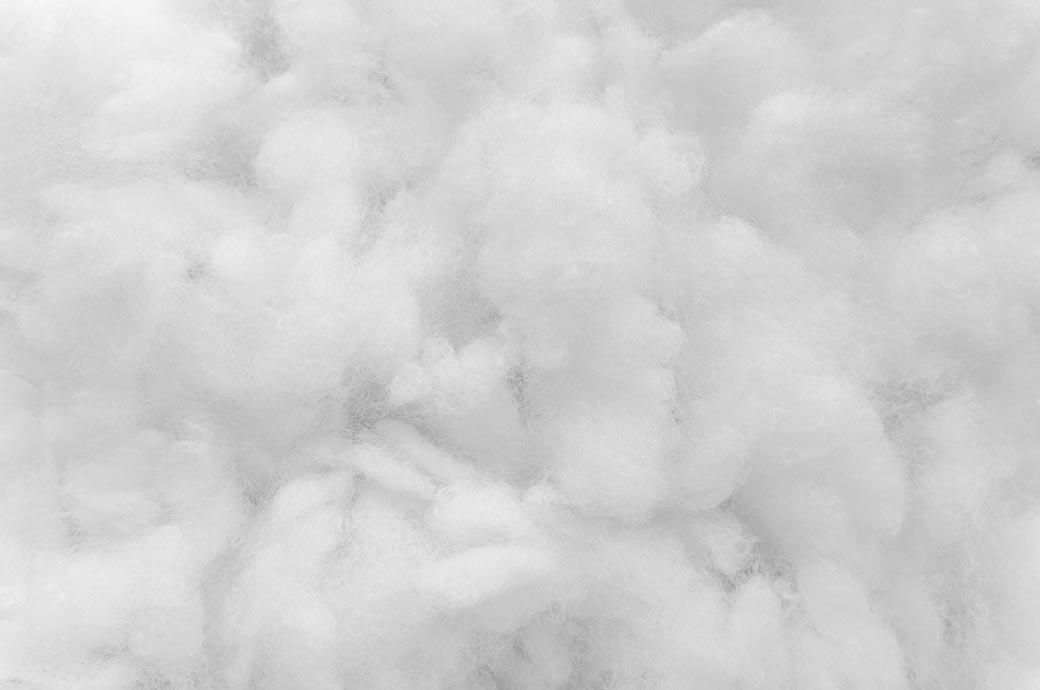
The letter requested information about the agency’s current limited usage and high cost of testing and outlines the benefits of scaling up this tool to enforce the Uyghur Forced Labour Prevention Act (UFLPA).
Wexton’s letter followed a media report that showed that CBP’s current contract isotopic testing company has delivered positive results for cotton sourced from Xinjiang forced labour among imports, but has tested just 86 samples for an expense of $1.3 million.
Wexton pushed for measures to strengthen enforcement of the UFLPA, particularly concerning the fast-fashion giant Shein, which reportedly just filed for a US initial public offering.
Wexton’s letter requests a report detailing why isotopic testing has been underutilised in UFLPA enforcement, a review of the rates CPB is paying for testing and potential other competitive testing providers, and the existing degree of isotopic expertise and training among the DHS and CBP workforce.
Meanwhile, National Council of Textile Organisations (NCTO) president and chief executive officer Kim Glas has supported Wexton’s letter.
“It is alarming that slave labour products from Xinjiang are still bleeding into the US market unchecked, as the Reuters news story exposed, which also served to underscore the weaknesses of our government’s efforts to enforce the law,” Glas said in a statement.
“It is imperative that CBP step up its overall enforcement efforts, which have shockingly been on the decline in the apparel and textile import sector, and significantly increase its isotopic testing as well as the number of contracted labs it uses,” he added.
Fibre2Fashion News Desk (DS)